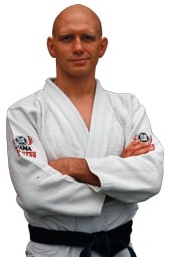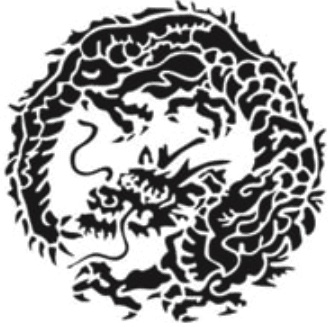
When people start new activities they like the reassurance of being able to know how they are progressing in that activity. In the martial arts, including most grappling arts, this is typically done by awarding stripes, belts, and other measures of rank.
There is a downside to the awarding of rank, however, as it can lead to the creation of ‘belt chasers’. When a student is a belt chaser the main thing that motivates him/her to train is the lure of achieving the next belt, or getting the next stripe, or getting a gold star on his uniform. They are endlessly worrying about what they need to do to get their next rank, or obsessing about why they were passed up for promotion when everyone else got promoted.
I am fundamentally opposed to belt chasing. At worst, I think it can ruin a student’s relationship with his teacher, his school, and his martial art! There, I said it, now let me try to justify this position a little bit.
To provide some background, when I studied Emperado Method Kajukenbo under Sifu Philip Gelinas he only used 3 belts: white, brown and black. We trained for years without getting promoted: knowledge was its own reward. Although a typical class consisted of nothing but whitebelts I’ll hazard a guess that it was the toughest, most skilled collection of whitebelts for many miles around. I should also point out that Philip NEVER withheld information from us just because we were whitebelts; he gave us as much information and as many techniques as we had the ability to handle.
So if you are a grappling student, ask yourself what is more important: obtaining additional knowledge, or getting your next promotion. If you are a martial arts teacher, ask yourself what you want your student’s reason for training to be: mastery of the art, or achievement of the next rank increment. If possible try to differentiate between how to get people to do something you want them to do, and what you want their reason for doing it to be.
Rewards (i.e. belts) can definitely motivate people to train, but they can also become the focus of training, rather than a side effect of obtaining and refining skills and knowledge. The author Alfie Kohn said it best: “the more we use artificial inducements to motivate people, the more they lose interest in what we’re bribing them to do”.
I’m not saying to get rid of belts and ranking, just don’t make them the central focus of your training or teaching. Train for the love of training, or teach for the love of teaching, and the belts will follow.
P.S. I expect this to a fairly controversial position in the martial arts world. If find yourself strongly disagreeing, or if you are interested in following up on the topic of reward and punishement (and reward AS punishment), I highly recommend Kohn’s book “Punished By Rewards: The Trouble with Gold Stars, Incentive Plans, A’s, Praise, and Other Bribes“: it is probably one of the top 5 books that has influenced my life!


